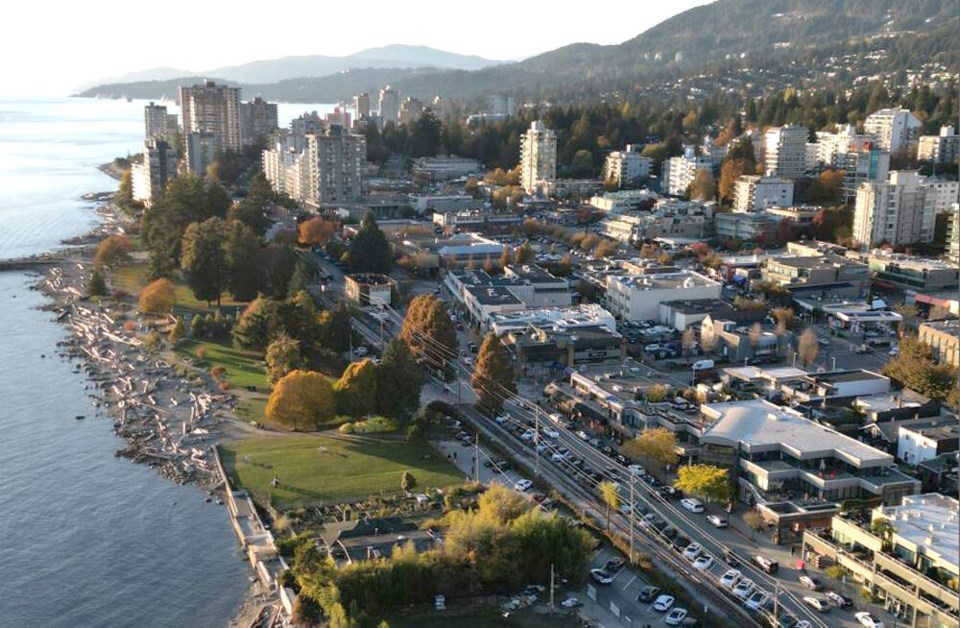I suspect most people have tightened 2023 household budgets to contend with the highest inflation in 40 years and the highest interest rates in 20.
Municipalities, on the other hand, appear to be acting as if it’s just another ho-hum year in which it is possible to pass along their pain to the taxpayer. Across British Columbia, civic budget proposals are largely submissive or indifferent to climbing costs. Many draft propositions suggest increases in the mid- to high-single digits.
Granted, these proposals are at an early stage and emanate mainly from staff who need to tally what previous councils approved. But in West Vancouver and elsewhere, the plans put newly elected politicians in a spot of trouble as the economy slows and threatens to slide later this year into recession.
The central dilemma for the district is what confronts a typical business: do you act as if in pre-pandemic times or do you prolong the caution that guided you for three years? On the basis of its preliminary budget plan, West Van is in more of a mode of restore than of restrain.
The 53-page document before council acknowledges inflation, supply chain disruptions that contribute to it, and the extreme weather episodes that can suddenly press costs upon the district. But that admission doesn’t then translate into any apparent initiative to tame those financial tigers – instead, what wins the day are “community priorities” that include catch-up for expenses and expansion earlier deferred.
The West Vancouver proposal calls for a 6.07 per cent increase in property tax: 4.57 per cent for operations, 1.0 per cent to maintain and upgrade community assets, and 0.50 per cent for dealing with climate change, developing sustainability and managing natural resources. There would be a $3.83-million overage otherwise.
The budget document is quick to note that this increase is lower than the onslaught of inflation in the last year by about one percentage point, but that is rather like saying my two-putt on the 7th hole was pretty good considering it took me six strokes to make the green.
The budget feels at a remove from the budgets of those it serves, and I hope and suspect it will be whittled.
For many months, central bankers and federal officials most everywhere stubbornly denied that inflation would persist. Eventually they changed their tune. Now they are doggedly clinging to higher interest rates that are burdening borrowers and choking variable mortgage holders to try to chill the costs of living.
Public finances at federal and provincial levels are insensitive to what typical households have endured in 2022 and will withstand in 2023 and perhaps 2024. While considerable pandemic-related senior government spending was required, we’re into the fourth year of this and there has been no public sector reset of either staffing or spending.
I’d expect better of municipalities because of their shorter leash to our lives. We can be cranky with them easily by showing up at municipal hall. They ought to know that many of us are holding off the larger and even littler expenditures. Indeed, one budget proposal reflects that: the district anticipates collecting less in permit and inspection revenue than it did in 2022 or 2021, an indication of fewer renovations and building in the months ahead.
That ought to signal time to tuck in the tail. But almost all line items either increase or are flat year-over-year with no sign of serious cuts, which leans heavily toward programs and services at pre-pandemic levels.
The budget also proposes to add 14 staff. Without them, the increase would be 4.23 per cent, and I have to believe (albeit with crossed fingers) that to make the budget more palatable we will be without some of them (even if they’d be nice people). Even then, not good enough.
Council needs to recognize the macro-economic climate makes this another rogue year – signs suggest the last one for a while – and get granular with frugality this time.
We don’t need another contributor to our daily confrontation of sharp increases in the cost of living. Council has years to bring forward its ideas and vision. The next weeks of deliberation are for pruning, not plumping, please and thank you.
Kirk LaPointe is publisher and executive editor of BIV as well as vice-president, editorial, Glacier Media Group, the North Shore News’ parent company. He is also a West Vancouverite.



